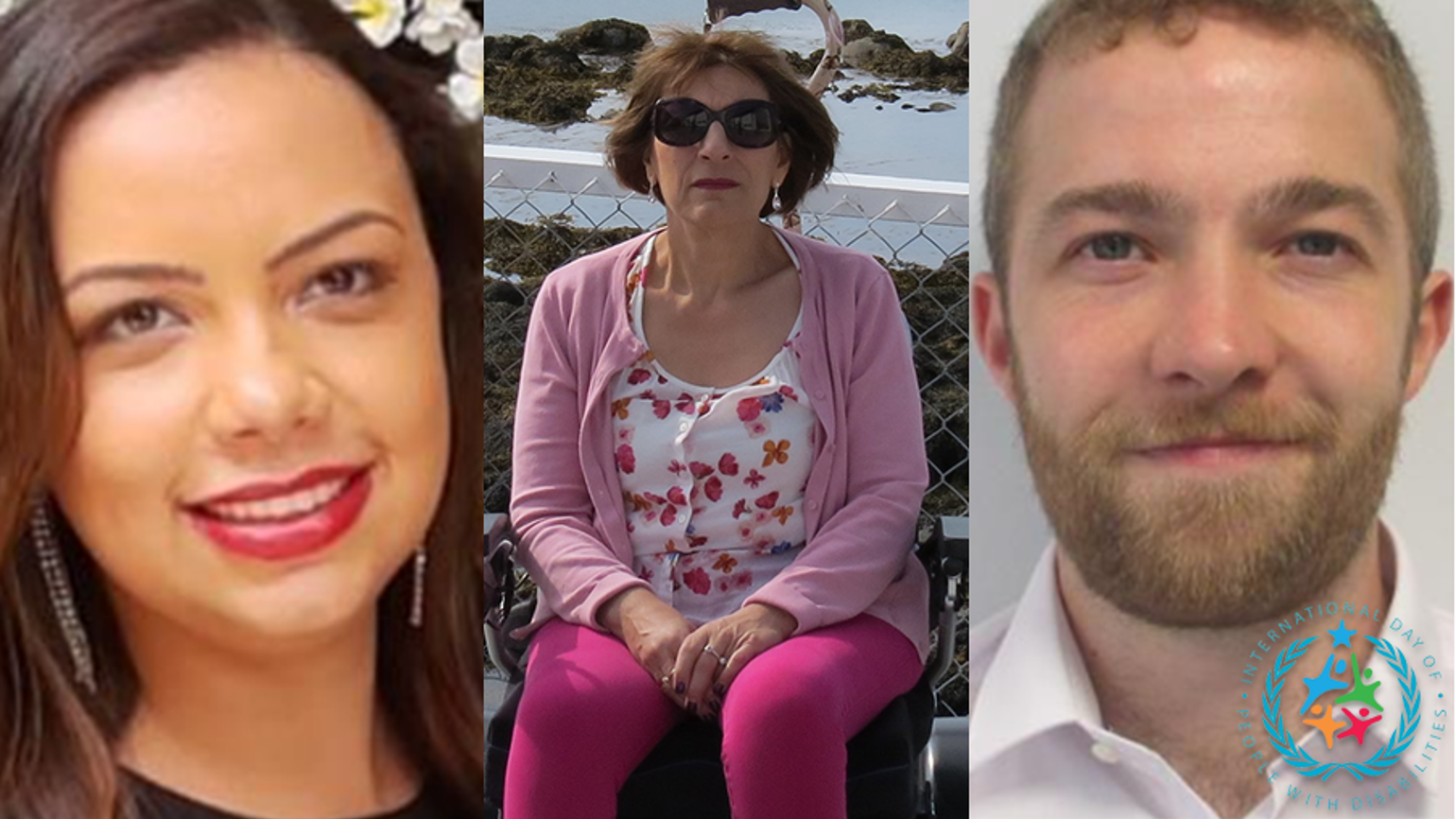News - Press Release

“People with disabilities meet discrimination every day due to lack of accessibility. If society was more accessible, many disabled people wouldn’t use so much energy doing day-to-day activities.”
These are the wise words of Karin Kristiansen, a delivery planner with TechnipFMC in Norway who has a genetic mutation which is destroying her peripheral nerves and reducing her muscle mass.
Equity and accessibility are the themes of this year’s International Day of People with Disabilities and, as an inclusive company, TechnipFMC is striving to improve both.
Karin has a mutation of the SOD1 gene, which causes a cross between Charcot Marie Tooth disease and ALS (also known as motor neurone disease). She uses a wheelchair and a cane to get around and has an adapted workstation.
Karin said, “The mutation is progressive and will get worse with time, it began affecting my feet, but I am now noticing it affect my hands.”
Being open with her colleagues about her illness has helped Karin. She said, “To begin with, I tried to hide my disability. Once I started using aids at work it became much better, and one colleague even said to me it was about time as they could see I was struggling.
“TechnipFMC has provided me with all the aids I require to complete my job, including an armrest, roller mouse and special chair to support me. My supervisors have supported me throughout my career, and I have a great department who I can rely on, talk to for support or vent my frustrations to.”
Catley Silva, a process improvement analyst in Brazil, has a degenerative eye condition called Stargardt disease, which makes it impossible to distinguish colours and perceive small details. She is fiercely independent and values the importance the company places on accessibility.
Catley said, “TechnipFMC has always provided the necessary equipment and support to allow me to comfortably and successfully do my work, such as a monitor with a larger screen and a special keyboard for people with impaired vision. My colleagues are very helpful and care about my safety while I am moving around the office.”
Small adjustments mean Catley is able to live up to the advice she gives other people with disabilities. She said, “Don't victimize yourself; be the protagonist of your story. Always pursue your goals and don't give up doing something because someone said you couldn't, because we are capable of doing many things with excellence.”
At the company’s facility in Dunfermline, United Kingdom, the Accessibility 4 All team uses lessons learned from the site’s Lean transformation of manufacturing processes to help make work accessible for all employees and visitors.
Robert J Morris, a design engineer and member of Accessibility 4 All, said, “As a business, we talk about Going to the Gemba – the place where the work is done – and this applies here too. We need to go to the place where it happens to understand what works and what doesn’t.
“We want to revolutionize the way people look at accessibility. Having accessibility is better for everyone. It means that people are empowered, can be independent, and will not be frustrated by something that is poorly designed or implemented.”
More news
-

News | December 08, 2025
TechnipFMC marks milestone 100th Subsea 2.0® tree delivery with client that placed first order
-

News | November 19, 2025
TechnipFMC Reinforces Global Leadership Through Strategic Technology Days Across Three Continents
-

News | November 14, 2025
TechnipFMC Recognized as Local Content Champion at Namibia Energy Connect 2025